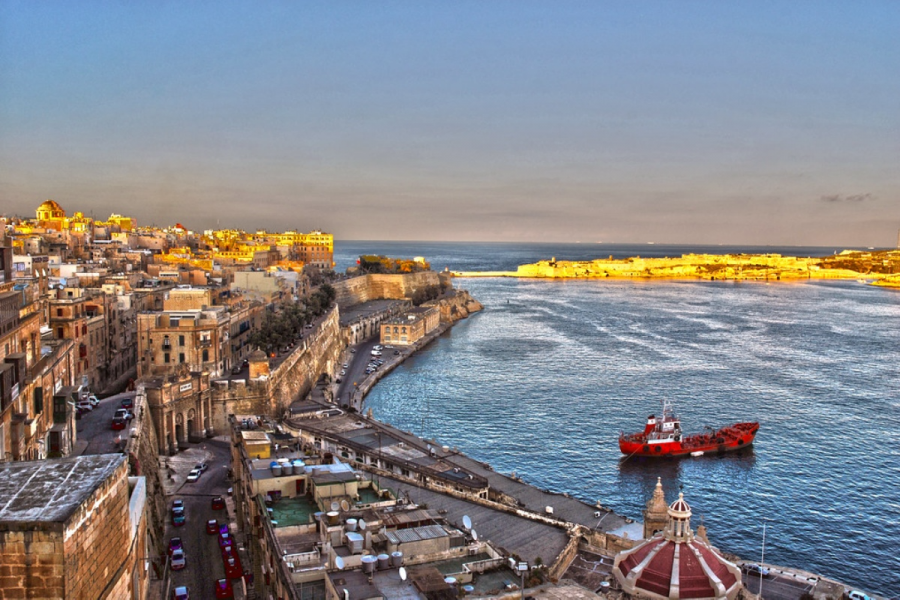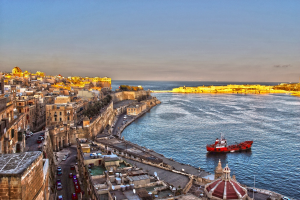Malta removed from FATF greylist

The igaming hub of Malta has finally been removed from the FATF’s list of untrustworthy countries
Malta.- The G7’s anti-money laundering (AML) watchdog the Financial Action Task Force (FATF) has removed Malta from its “greylist” of untrustworthy jurisdictions. The decision was taken at the FATF’s latest meeting in Berlin this week.
It comes three months after the FATF visited Malta to inspect reforms, including the country’s implementation of an AML action plan. The body had requested clarification on information collection and sharing with international financial authorities and measures on tax evasion.
It had recognised that Malta had made significant reforms through its action plan after it was grey-listed last year and had increased its use of the Financial Intelligence Unit’s (FIU) services to pursue money laundering and criminal tax cases. However, the body said that an on-site review was needed to ensure the AML measures were being implemented before Malta could be removed from the grey list.
Malta was placed on the FATF’s greylist a year ago following complaints from EU member states about its lack of regulatory oversight, tax avoidance and the processing of financial transactions. That saw it join a list of 19 other countries including Myanmar, Syria and Zimbabwe.
Maltese opposition leader Bernard Grech branded the decision a “national punishment”, warning that it could seriously harm Malta’s growing finance and gaming sectors. Malta’s prime minister Robert Abela said the FATF’s decision was “unjust”.
The measures implemented in Malta
However, Abela went on to order an overhaul of Malta’s Financial Intelligence Analysis Unit (FIAU) and the creation of a new company register in order to show transparency of ownership and assets.
The FIAU has since ordered Malta-domiciled businesses to follow its revised AML regulations that include new procedures for customer due diligence, reporting, outsourcing, staff training and vetting, record keeping and interactions with “non-reputable jurisdictions”. Maltese businesses were also ordered to disclose beneficial ownership in corporate structures.
In the meantime, a number of legal cases have begun involving former members of the Malta Gaming Authority. Last month, former compliance officer Iosif Galea was arrested on a European Arrest Warrant while on holiday in Italy. He was reportedly travelling in a group with former Maltese Prime Minister, Joseph Muscat.
The European Arrest Warrant had been issued at the request of German authorities, who wanted Galea to answer for alleged tax evasion. However, Galea also faces legal issues in Malta itself, where he was on bail for his alleged involvement in the leak of confidential information from the MGA.
Meanwhile, former MGA chief technology officer Jason Farrugia has been charged in court with several offences, including fraud exceeding €5,000, money laundering, extortion, acceptance of bribes, misappropriation, trading in influence, disclosing confidential information and computer misuse. His wife, Christine, 26, was charged with money laundering. Both have pleaded not guilty.
He is the second senior MGA official to be charged in court after former CEO Heathcliff Farrugia was charged with trading in influence due to communications with Yorgen Fenech.











